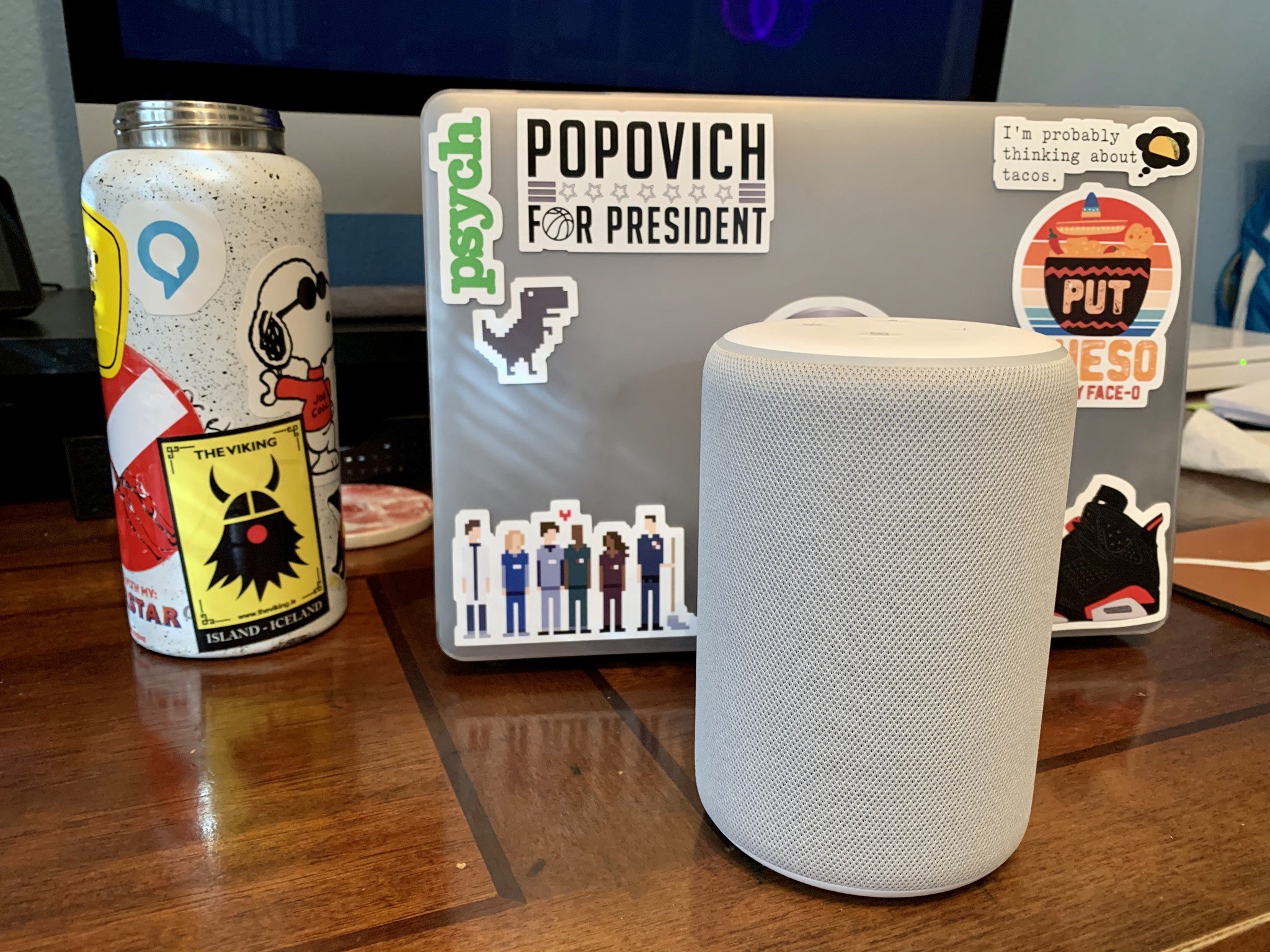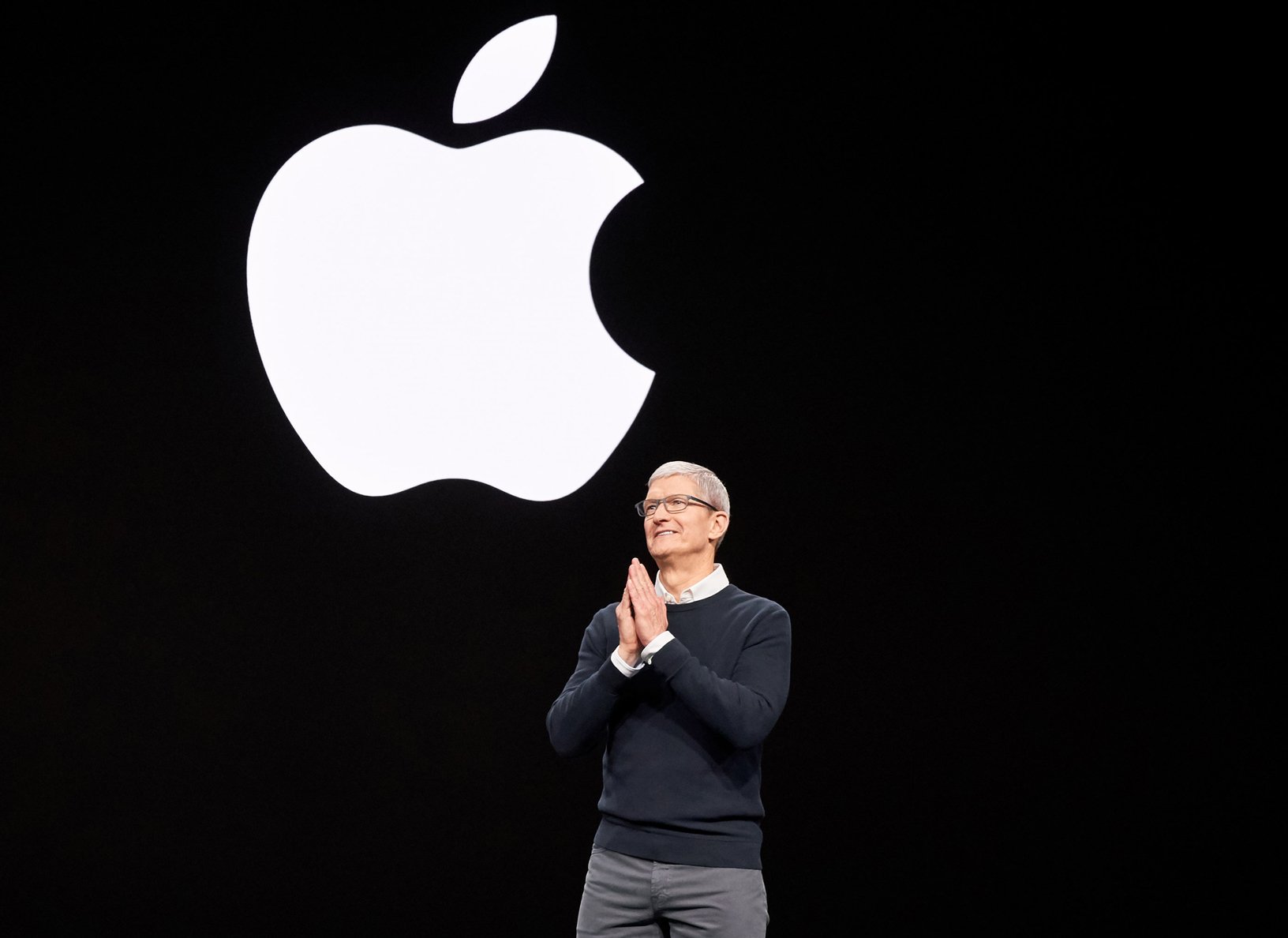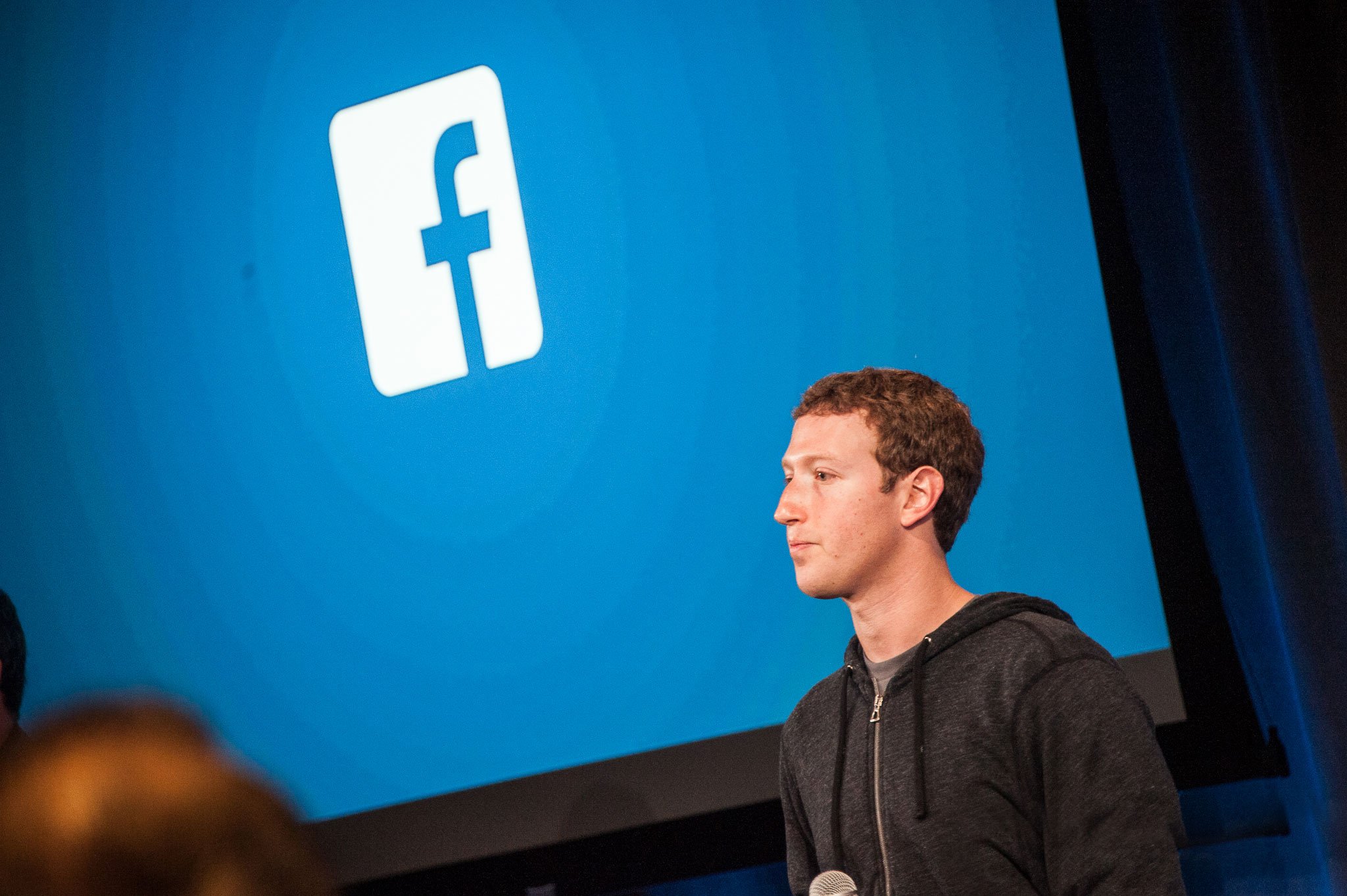In 2016, the largest tech companies came under fire for allowing their platforms to be manipulated by bad actors.
In 2020, they are now acting proactively, making moves aimed at encouraging voters to engage in their civic duty and actively counter misinformation. Following are examples from Amazon, Apple, Facebook, Google, Microsoft, and Twitter, among others.
Joint industry statement on ongoing election security collaboration between tech companies and USG agencies tasked with protecting the integrity of the election pic.twitter.com/c1fHERHWtw
— Facebook Newsroom (@fbnewsroom) August 12, 2020
Amazon and Alexa
If you use an Amazon Alexa, you'll be able to ask Amazon's digital assistant for help with election participation. This extends both to questions revolving around procedural issues and those revolving around candidates and their platforms.
Writing in 2019, the company noted:
Thanks to a knowledge graph that utilizes powerful A.I. and machine learning to encode billions of facts in real-time—a fact base that has grown 20-fold over the past five years—Alexa has an in-depth knowledge of election-related information. She can share the latest polls, tell you about candidate positions, recap debates, and much more. Alexa works dynamically with a growing number of sources such as the Associated Press, Ballotpedia, RealClearPolitics, and Factba.se to help you stay informed.
A user will be able to learn things like candidate endorsements, where they stand on specific policies, when polls open, etc. As the election happens, you'll also be able to get results from the assistant as well.
Amazon will also allow customers to donate up to $200 to their preferred candidate using Amazon Pay and their voice with the "Alexa, donate to (candidate name)" command.
Apple and ABC News
Apple has announced that it would be partnering with ABC News to deliver coverage of the upcoming 2020 election through Apple News. This partnership will last through the 2021 inauguration expected to take place in January.
James Goldston, president of ABC News, said:
This election is one of the most consequential in modern history, and this unprecedented partnership with Apple News will deliver our world-class political journalism to more people than ever before. It will enable millions of more people to have a deeper understanding of the key issues, candidates, and events by providing straightforward information, insight, and context during the entire 2020 cycle — reaching our audience anywhere and anytime they want breaking and in-depth news.
Aside from this Apple News collaboration, iPhone users will also be able to use Siri to request live results when voting day rolls around. The digital assistant will be fed data from the Associated Press, so you'll be able to know all the updates as they are reported.
Facebook and Instagram
Owning the largest social media platform on the planet, Facebook is attempting to support the 2020 Presidential Elections in a couple of ways. The first of these revolves around transparency and was announced in early January.
We're updating our Ad Library to increase the level of transparency it provides for people and giving them more control over the ads they see.
The Ad Library is a unique tool to shine a light on political and social issue ads — a public archive that allows people to see all the ads politicians and campaigns are running on Facebook and Instagram and those that have run in the past. This is an important step in making political ads more transparent and advertisers more accountable: the public can see every ad served to anyone in an easily searchable database.
Facebook says that it believes that people should be able to see as much information as possible from the people who want to lead them. The company argued that more information, not less, would help facilitate democracy, a policy that leads to its most recent move.
This week, it launched the Voting Information Center, a hub that has one goal: "to help every eligible voter in the U.S. who uses our platform vote this year."
Facebook's Naomi Gleit, VP Product and Social Impact, said:
In June, we announced that we're conducting the largest voting information campaign in American history, with the goal of helping 4 million voters register this year using Facebook, Instagram and Messenger. Today, as part of that campaign, we're launching our Voting Information Center on Facebook and Instagram, which will serve as a one-stop-shop to give people in the U.S. the tools and information they need to make their voices heard at the ballot box.
With the Voting Information Center, Facebook users will be able to easily register to vote or check that they are already registered. They will also be able to see voting options in their state, whether it offers postal or absentee voting, and what deadlines exist. It'll work with nonpartisan civic organizations as well as election officials to keep the information up to date through November 2020.
Facebook has also launched a new feature called Voting Alerts. With this, election authorities will be able to reach their constituents with essential information about the voting process.
Finally, Facebook will try to help the election process more directly. It will offer free ad credits to state election authorities with the aim of helping them recruit more poll workers.
That being said, Facebook still sees its primary role as an informative one, one the company has not hesitated to clarify over and over:
By providing clear, accurate and authoritative information to people, we will continue to reduce the ability of malicious networks to take advantage of uncertainty around the pandemic to interfere with the election. We encourage people in the U.S. to use this new resource and make their voices heard by voting this fall.
Google and YouTube
Google will host dedicated coverage of the 2020 elections on the Google News app and website. There, users will be able to see relevant news stories, tweets, and updates about the upcoming election from politicians, journalists, or other relevant authorities. On YouTube, Google will offer streams for both the DNC and RNC conventions, as well as other related events like results and debates.
Google will also build upon work it has done with COVID-19, including the fact-checking panels it introduced to the U.S., which it will expand to include political content on YouTube. Soon, when you search for a political candidate on YouTube, Google will also include a knowledge panel that highlights key salient points about the campaign. It will also point to the official YouTube channel of that individual if available.
Google Search will also help guide users through the process of signing up to vote on a state-by-state basis. Done as part of a partnership with nonpartisan groups like Democracy Works, it'll inform users who search "how to vote" on requirements, deadlines, and different means of voting.
As far as protective measures go, Google is offering technical support to campaigns to protect them from government-backed hacks.
Amanda Storey, director of Google's Trust and Safety team, said:
Our Threat Analysis Group (TAG) and our Trust and Safety teams work together to identify and prevent government-backed attacks against Google and our users. The Threat Analysis Group has flagged phishing attempts we've identified against campaigns and continues to share regular updates about actions we take against coordinated influence campaigns on our platforms.
To stay ahead of threats, we meet regularly with government agencies responsible for election integrity and other technology companies to discuss trends. As we reiterated yesterday, this coordination is critical and will continue through the election."
Even if a hack were to be successful, you would not be able to disseminate it on YouTube. The site will remove any content which shares leaked information in an effort to sway the election. It will also remove any content that encourages users to disrupt the elections, Google cites "telling viewers to create long voting lines with the purpose of making it harder for others to vote" as examples of sanctionable content.
Microsoft and Bing
Microsoft will primarily be supporting the U.S. 2020 Elections through Bing as far as consumers are concerned.
Writing on the Bing Blog, Microsoft announced the Bing 2020 U.S. Elections Experience:
Throughout the 2020 election cycle, Bing aims to help people understand the issues at the heart of political discussions. Our goal is to provide a comprehensive view with the most relevant, accurate and timely information. This includes a holistic overview and introduction to key issues, with a range of news sources and opinions, and key legislation that impacts the issues.
The candidate experience leverages data sources from news articles, official candidate sites and non-partisan partners such as VoteSmart.org. When searching for a particular presidential candidate, we present all of that information into a simple experience where people can find the latest news, upcoming events, and explore each candidate's stance on the issues, in their own words, from various sources. The experience also provides a summary of each candidate's voting record on congressional bills.
For campaigns and local authorities, it's a different story. Like with Google, Microsoft will also be providing I.T. support to political campaigns through AccountGuard — a platform that's primarily aimed at preventing hacks. It will also offer ElectionGuard, another service that's aimed at securing confidence in the ballot box itself.
ElectionGuard is a way of checking election results are accurate, and that votes have not been altered, suppressed or tampered with in any way. Individual voters can see that their vote has been accurately recorded, and their choice has been correctly added to the final tally. Anyone who wishes to monitor the election can check all votes have been correctly tallied to produce an accurate and fair result.
Twitter has proved a little more proactive regarding the 2020 election. Late last year, it decided to ban all political advertising in general, opting against getting itself involved in a messy fight over which speech is good speech or bad speech.
We’ve made the decision to stop all political advertising on Twitter globally. We believe political message reach should be earned, not bought. Why? A few reasons…🧵
— jack (@jack) October 30, 2019
While Twitter hasn't announced a comprehensive 2020 election platform yet, it does have one in mind.
Speaking to TechCrunch, Twitter's Jessica Herrera-Flanigan, VP of public policy and philanthropy for the Americas, said:
Twitter is working hard to increase informed participation in democratic processes around the world. Ahead of the 2020 U.S. Election, we're focused on empowering every eligible person to register and vote through partnerships, tools, and new policies that emphasize accurate information about all available options to vote, including by mail and early voting.
Twitter hasn't exactly said what it would be doing, but it'll likely be similar to the same fact-checking and process information package that Facebook and Google are offering.






0 Response to "You Can See More: Here's how big tech companies are supporting the 2020 U.S. elections"
Post a Comment